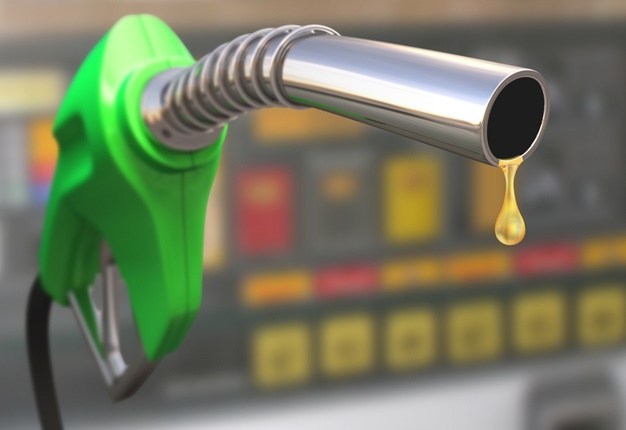Starting July 1, the prices of goods such as bottled water, fuel, juice and beer will shoot up following last week’s 2020/2021 budget proposals.
The Kenya Revenue Authority (KRA) will increase the excise duty chargeable on about 3 products by approximately 5.5 percent. This means that consumers will have to dig in their pockets a little deeper starting next month.
The Kenyan law demands that excise duty be adjusted on specific items upwards to coincide with the annual inflation rate or the 12 months through June as well as to reflect the cost of living.
The revised rates are bound to hit Kenyans already reeling from job losses, unpaid leaves and pay cuts hard. The Covid-19 pandemic has created harsh economic times with reduced purchasing power resulting to minimal activity from businesses.
The Kenyan economy relies heavily on fuel for power generation, transport, agriculture and direct use of Kerosene by households to cook and generate lighting. Owing to this, the prices have the biggest impact on the inflation rates.
Although fuel prices worldwide are at an all-time low, the imposed excise duty of Sh22.07 a litre will see the price of Super Petrol in Kenya go up by Sh1.16 while Diesel and Kerosene will go up by Sh0.60 a litre.
Kenya is set to be among the countries with the highest tax rates in Alcohol with the excise duty of beer rising by Sh6.10 a litre. Currently the tax is at Sh110.62 a bottle or Sh55.31 per bottle.
For spirits, the excise duty will go up from about Sh253 per litre to Sh266.40, while wine will adjust upwards by Sh10.41 from the current rate of Sh189 a litre.
East African Breweries Limited, Kenya’s largest brewer and other Alcohol production firms, have been adjusting the rates by about Sh10 per bottle in response to the inflation adjusted tax.
Other items set to attract higher taxation include Fruit Juices, Motor Cycles, Cigarettes and Cigars.
In 2019, KRA adjusted the excise duty upwards by 5.17 percent of inflation compared to 5.2 percent in 2017.Economic growth this year is expected to drop by 2.5 percent from the pre-pandemic projection of 5.4 percent.
